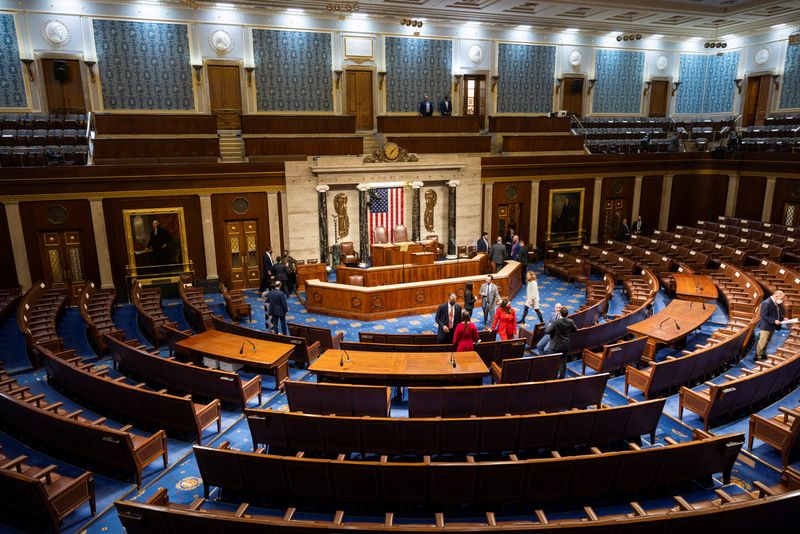WASHINGTON – A bill to ban Russian energy imports and review that country’s status at the World Trade Organization has excluded a proposal to revoke its permanent normal trade relations (PNTR) status, according to the text of the bill slated for a U.S. House of Representatives vote later on Wednesday.
Revoking Russia’s PNTR status would allow Washington to raise tariffs on Russian imports above levels pledged to all World Trade Organization members. The move had been proposed on Monday by the bipartisan leaders of the House Ways and Means Committee and Senate Finance Committee as a way to punish Russia for its invasion of Ukraine.
But the text of the “Suspending Energy Imports from Russia Act,” released early on Wednesday, includes no reference to PNTR or tariffs beyond a ban on Russian energy imports.
Instead, it directs the U.S. Trade Representative to “use the voice and influence of the United States at the WTO to —
1) condemn the recent aggression in Ukraine;
2) encourage other WTO members to suspend trade concessions to the Russian Federation; and
3) consider further steps with the view to suspend the Russian Federation’s participation in the WTO.”
A spokesman for the U.S. Trade Representative’s office could not immediately be reached for comment on why the PNTR provision was excluded or what steps USTR Katherine Tai will take to implement the legislation.
Options to suspend Russia’s WTO are limited, as the organization does not have a specific provision for expelling member countries and its consensus-based decision-making structure is not well suited to making such a major change.
On Tuesday, President Joe Biden issued an immediate ban on Russian oil and energy imports.
Russia has called its action in Ukraine a “special operation.”
(Reporting by David Lawder; Editing by David Gregorio)
